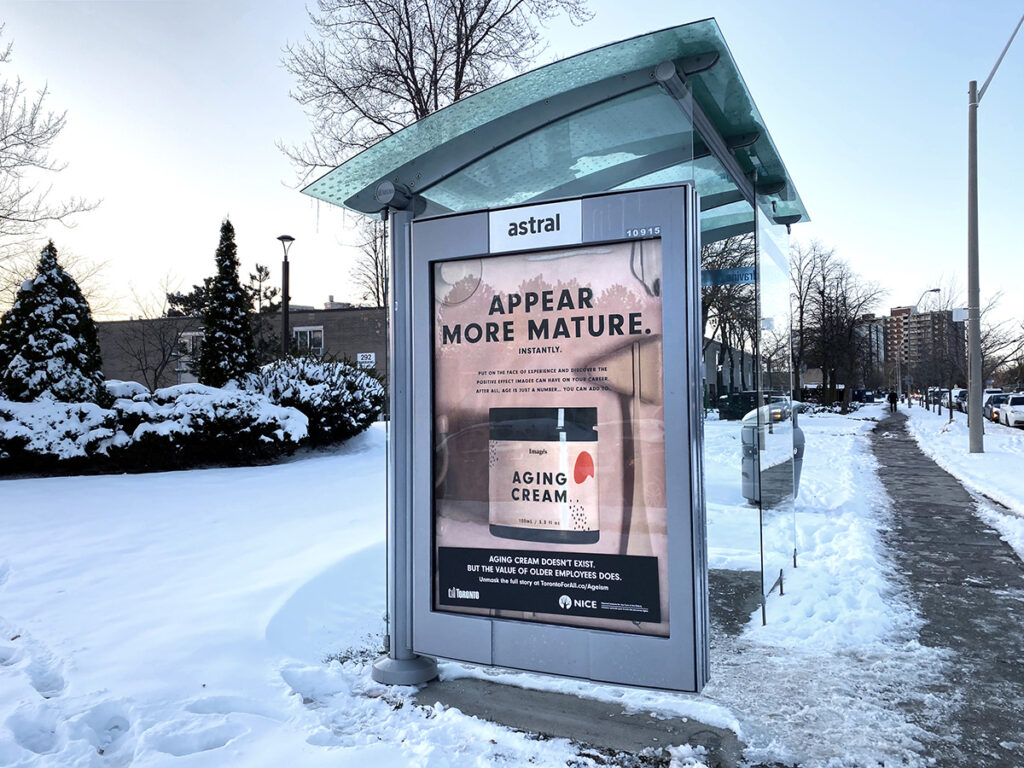Leadership to Impact
FIFSW faculty, students, and alumni are leading change and having an impact as board members, journal editors, researchers, keynote speakers and spokespersons. This past academic year, they made their voices heard by sharing important insights on a range of key social issues influencing policy, leading public discourse and strengthening advocacy.
Influencing policy
Associate Professor Tanya Sharpe and alumna Notisha Massaquoi (MSW 1997) helped successfully advocate for the first race-based data collection policy for any police service in Canada. This historic policy was unanimously passed on September 19, 2019.
Alumna Keenes Lin (MSW 2019) spoke to the House of Commons Standing Committee on Health about Canada’s response to the xenophobic and racist impact of Novel Coronavirus on the Canadian Chinese Community. Her remarks were prepared through her role as co-chair for the Chinese Canadian National Council for Social Justice, Toronto Chapter.
A paper that Professor David Brennan contributed to was cited in a letter by U.S. Representatives Alexandria Ocasio Cortez and Carolyn B. Maloney to the Food and Drug Administration demanding a change in the deferral period for gay men to donate blood in the United States. In light of the current need, the Agency subsequently reduced its recommended deferral period from 12 months to three months. Learn more here.
Professor Peter Newman served as lead researcher for a four-country UNICEF report released on World AIDS Day in Bangkok. The report contributes to the UN’s efforts to reduce new HIV infections in young people and ending AIDS by 2030.
Leading public discourse
Professor Peter Newman spoke to Samantha Yammine – a University of Toronto alumna, neuroscientist and science communicator better known as Science Sam on social media – about how our “one size fits all” approach to the pandemic has further marginalized those who are LGBTQ2SIA+.
Associate Professor Carmen Logie launched a new podcast focused on stigma. Each episode explores the topic from a unique angle. Everybody Hates Me: Let’s Talk About Stigma asks: Why does stigma matter? What does it look like? And what can we do about it?
Associate Professor Tanya Sharpe launched 30@8:30, a seven-part Instagram Live series, which illuminated how the COVID-19 pandemic lays bare long standing structural violence and race, gender and socioeconomic inequalities. The series was presented by The Centre for Research and Innovation for Black Survivors of Homicide Victims (The CRIB), which Sharpe launched in January.
Dean and Professor Dexter Voisin, joined the voices of millions globally calling for racial reconciliation with his op-ed in the Toronto Star on systemic racism in the United States. He wrote that “This systemic racism grinds on African Americans’ necks day by day, even without the aid of an officer’s knee.”
Alumna Donna Alexander (MSW 2005) enlightened readers of Toronto Life about the cumulative psychological effects of racism, the need for culturally specific counselling for Black people, and why she believes police should not be first responders to mental health crises.
In the wake of growing calls to de-task police, Assistant Professor Keith Adamson spoke to CTV’s Your Morning show about options for people in a mental health crisis who don’t want to call the police. “We need as a society to learn how to deal with mental health issues beyond criminalizing and shooting people,” said Adamson.
Professor David Hulchanski spoke to Global News about findings from the Neighbourhood Change Research Partnership, which shows that Black tenants and homeowners in Toronto tend to live in just a handful of areas in the Greater Toronto Area. He estimated the degree of Black segregation in Toronto is comparable to that seen in Minneapolis where Mr. George Floyd was killed, shattering the myth that housing segregation in Canada is different from American cities.
Associate Professor Rupaleem Bhuyan spoke to Global News Vancouver about the prevalence of xenophobia in social media and how this is shaping public views of COVID-19. She was also on The Agenda, where she discussed the impact of the COVID-19 pandemic on migrant workers, non-status individuals and other newcomers to Canada.
Strengthening advocacy
The National Initiative for the Care of the Elderly (NICE) in partnership with the City of Toronto launched a campaign that challenges anti-ageism in the workplace. To draw attention to the issue, they introduced “the world’s first aging cream.” Ads for the fake cream, “Imagés,” could be found in Toronto bus shelters in November. Passersby were also invited to try the cream, and their reactions, caught on camera, prompted conversations about ageism in our society.
Professor Esme Fuller-Thomson told CBC radio that although the problems in long-term care homes have been known for some time, ageism has allowed us to ignore them. “We are not doing our job in maintaining basic, basic services,” she told Metro Morning. “It is unbelievable.”
Associate Professor Rupaleem Bhuyan gave the keynote address at Hart House on the 30th anniversary of the 1989 École Polytechnique Massacre. The event honoured the National Day of Remembrance and Action on Violence Against Women.
Sessional Lecturer Laura Tamblyn Watts was a guest on The Agenda with Steve Paikin to discuss the horrific conditions in Ontario long-term care homes described by members of the Canadian military.
Associate Professor Carmen Logie spoke to U of T News about the drivers of stigma and xenophobia connected with the coronavirus and other illnesses, and what can be done to counter the flood of misinformation and negative stereotypes.

